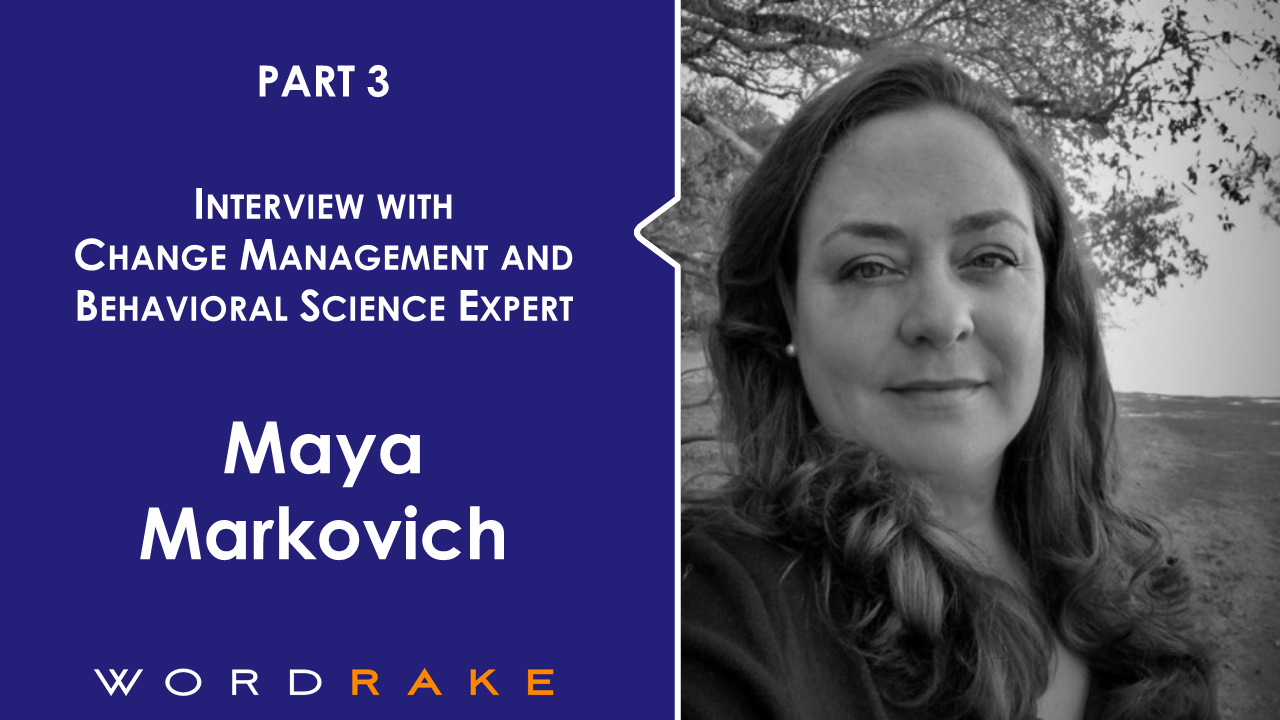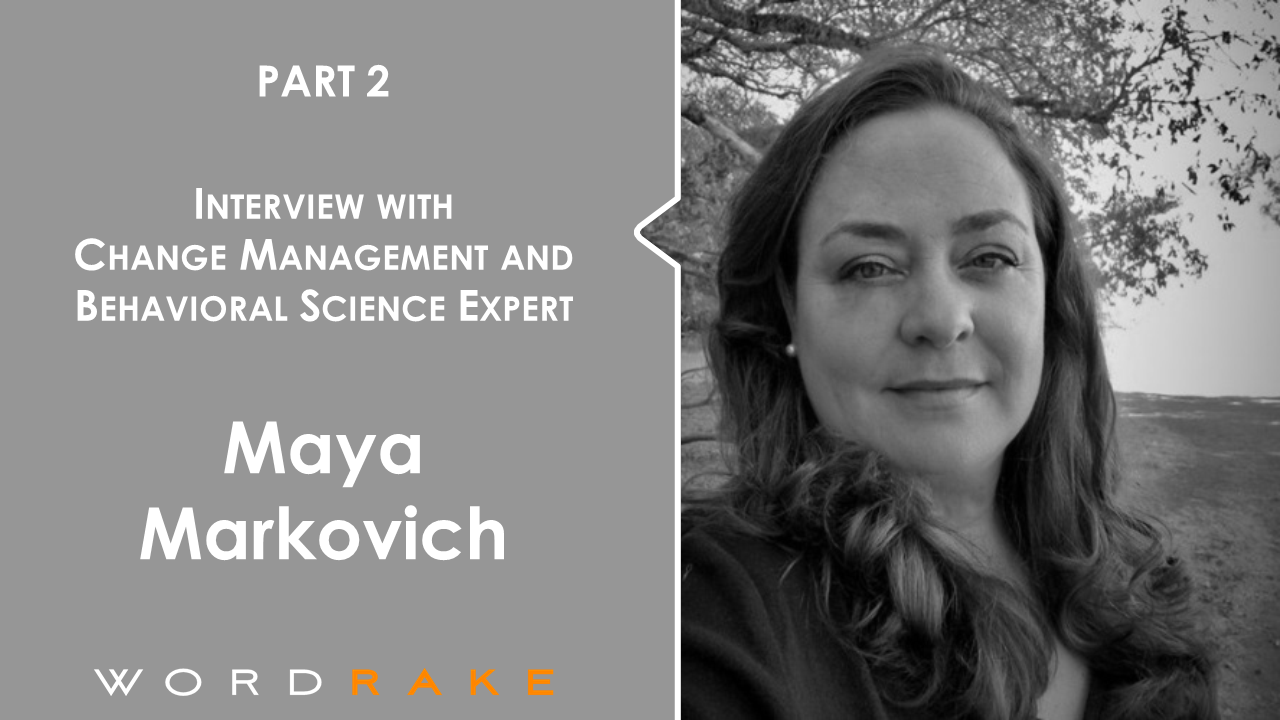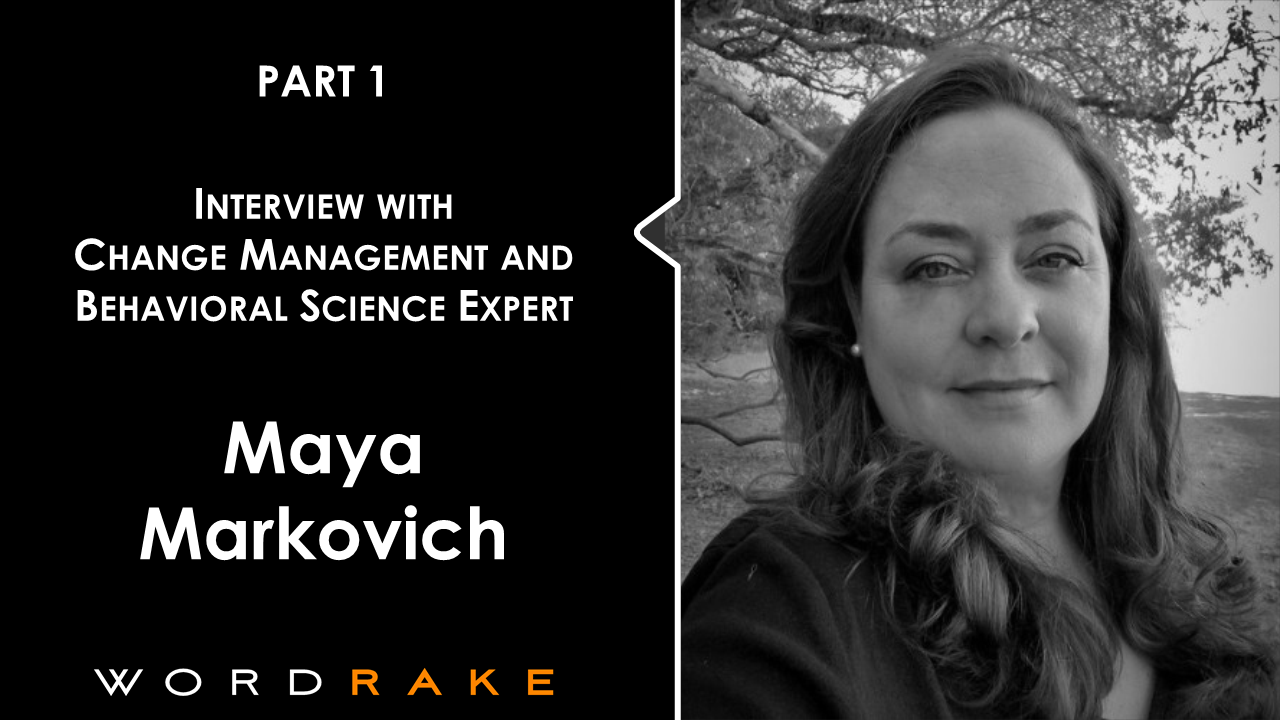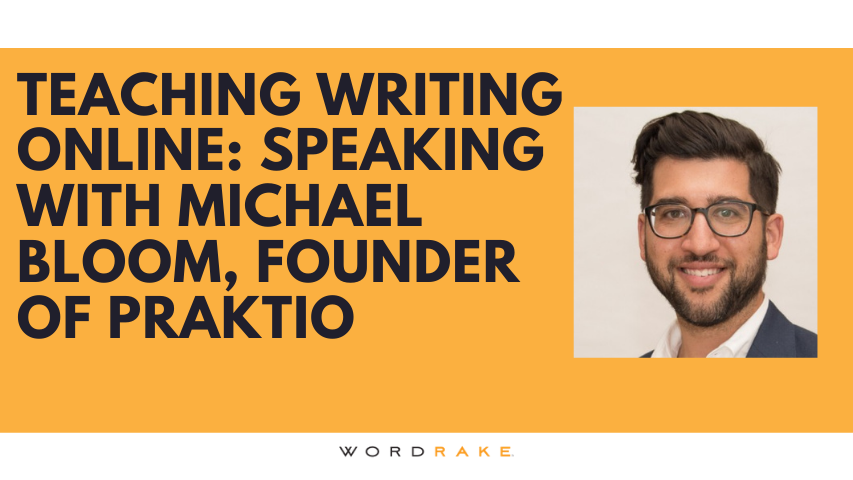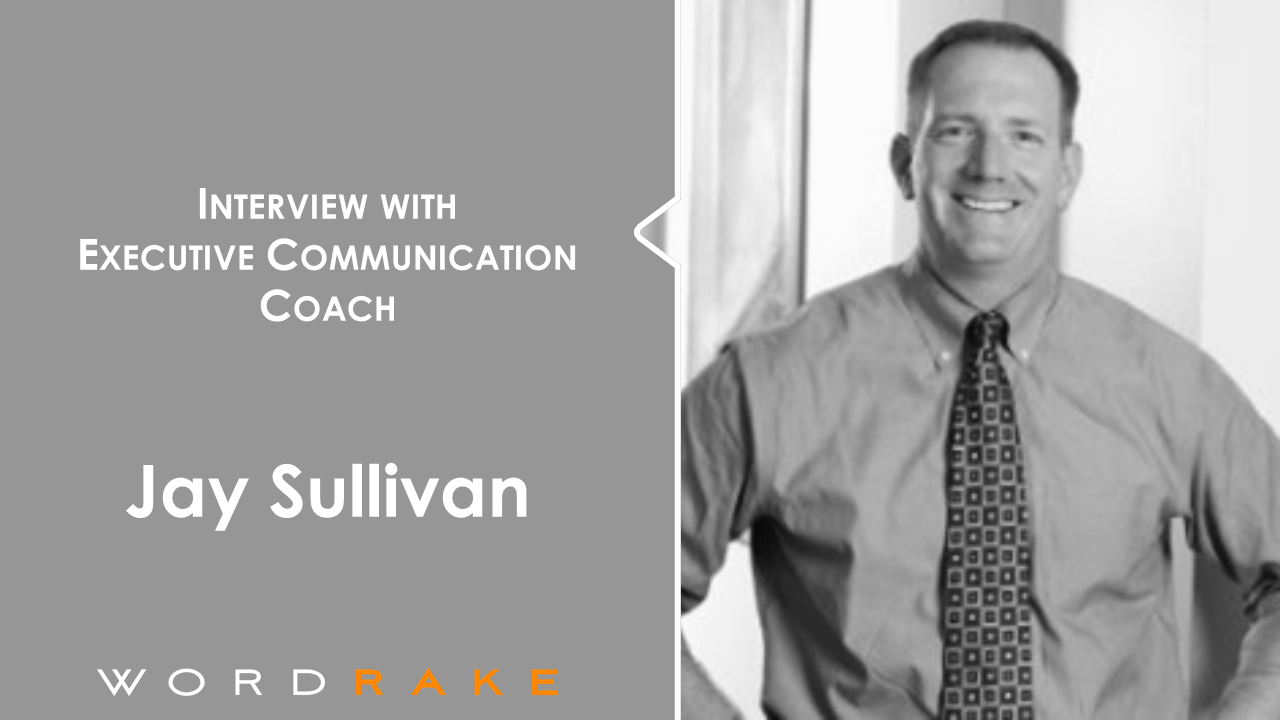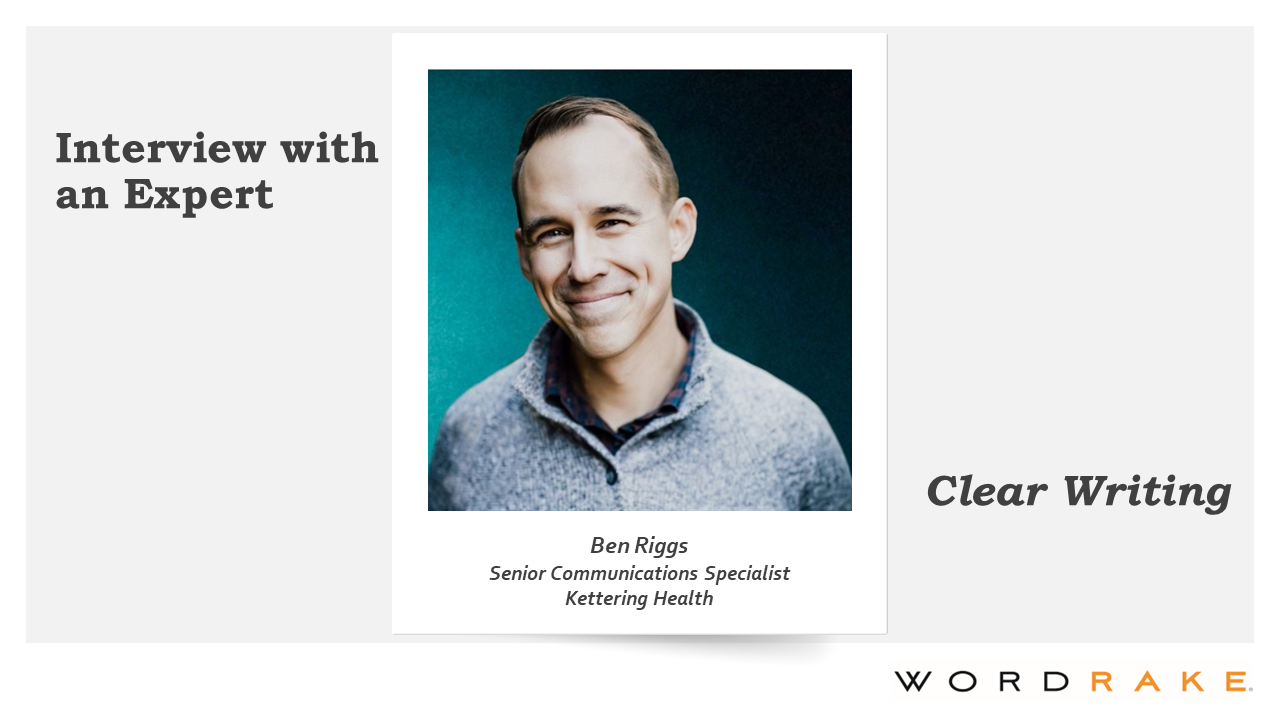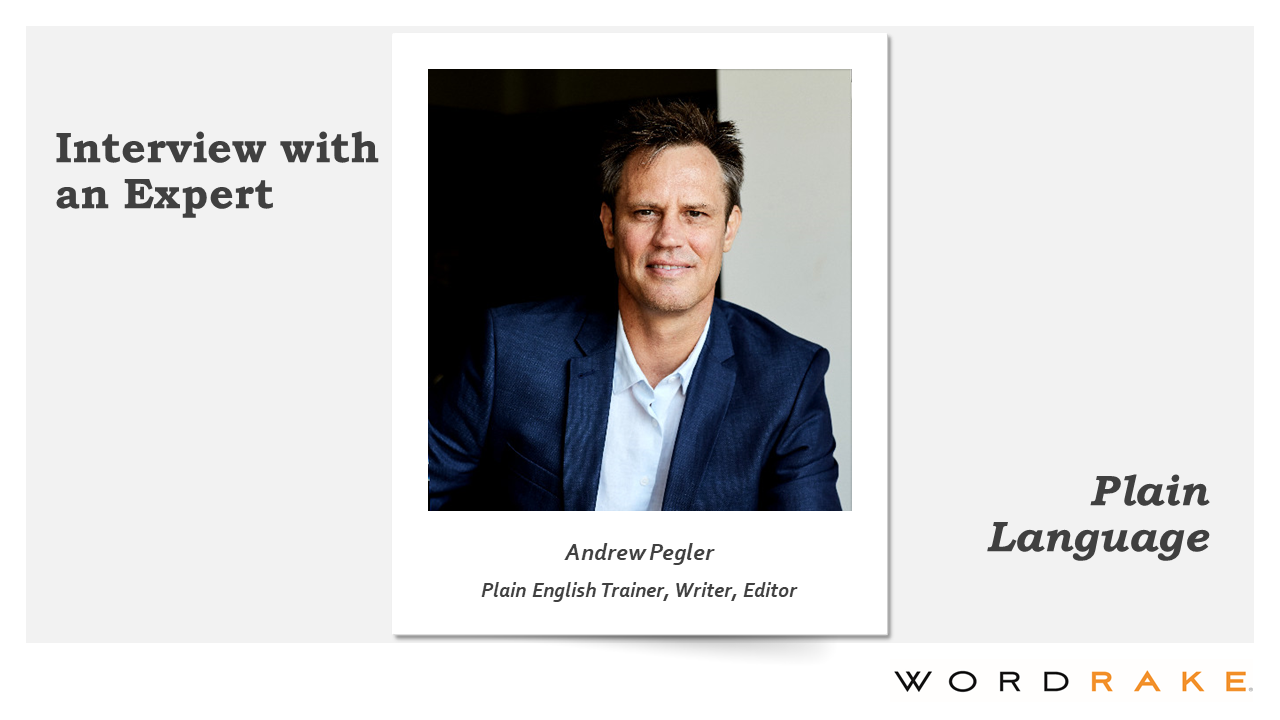Traditional, honorable, and deferential are common descriptors for communication in the legal profession. Each word conjures thoughts of the formal and respectful tone which is used throughout legal writing—especially pleadings like briefs, motions, declarations, and responses. Embracing formality in legal writing does not require dense legalese or overly complex language, but it does require excluding casual expressions or colloquialisms.
Continue readingRemote work makes effective communication more important than ever. One of the most common communication methods is email—yet email can be tricky to get right. We often stumble with tone, focus, clarity, and brevity. Since email is vital to business, we must get better at writing emails for our reader’s benefit. Only our readers determine whether we have succeeded.
Continue readingPart 3: Creating a Culture of Change in Law Firms
If culture eats strategy for breakfast, then what’s the recipe for a culture that works? In the final part of this three-part series, change management expert Maya Markovich lays out the ingredients for a culture of change. She addresses both sides of the recruiting equation and explains what to look for in the change agents of tomorrow.
Continue readingPart 2: Change Management in Law Firms
Convincing people to embrace change is the biggest challenge of change management. It requires a combination of structural changes that reward change, cultural changes that encourage it, and individuals who are open to new approaches. If any elements are overlooked, change efforts are unlikely to succeed.
Continue readingPart 1: Behavioral Economics and Legal Business
There’s a science to changing minds and changing behaviors—and Maya Markovich has studied it. She combines her Masters in social and organizational psychology with her JD and practice experience in her role at Nextlaw Labs, a global legal technology accelerator and innovation catalyst. In this three-part interview, Maya explains what drives behavior and why understanding it matters in the legal profession today.
Continue readingWhen a law student graduates from law school, they quickly realize there is more to learn than what law school taught them. WordRake recently spoke with Michael Bloom, founder of Praktio, an online learning platform for lawyers. Michael is a former lawyer and law school professor turned tech entrepreneur.
Continue readingA strong writer doesn’t just deliver information, she convinces you of its veracity and value. A strong communicator doesn’t just talk, she listens to uncover and understand her audience’s needs. The most successful professionals and executives do both. Together, these skills make you a trusted leader. And whether you are trusted to lead is the difference between a rainmaker and a service partner. If you dream of becoming a power player, this interview is for you.
Continue readingBeing busy does not mean you’re being productive. If you work long hours struggling to complete your to-do list each day, but you aren’t reaping the rewards of your work, then you may be busy—not productive.
Continue readingEffectively communicating about complex topics like health, law, and finance requires that we think about what we know and who else needs to know it. The problem arises when we stop the process after verifying our knowledge—and without getting to the reader’s needs. It happens because experts often conflate communicating accurately with communicating clearly. But they’re not the same.
In this engaging interview, Ben Riggs confronts the assumptions that lead to unclear communication and shows us the empathy that we should have for readers facing life-changing decisions. Read on for Ben’s lessons in plain language and health communication through storytelling.
Continue readingWhen it comes to plain language, law and finance are two of the industries most reluctant to change. But changing gets easier when you have a plain language partner who knows how to guide the transition. That’s where plain language expert Andrew Pegler excels. He converts legal contracts and business reports to plain English, then trains the organization’s lawyers and staff to do the same.
Andrew has built his career convincing corporations and law firms that plain language has brand advantages, then helping them write in a new way. Andrew’s work is a study in successful change management. He delivers his plain English workshops at an appropriate level, respects and develops the existing knowledge and skills of staff, and provides useable writing and editing tips and techniques.
We spoke with Andrew about plain language in law. In this interview, you’ll learn how plain language is a brand advantage and get eight tips for using plain language in your own writing. Read on for Andrew’s lessons.
Continue reading

